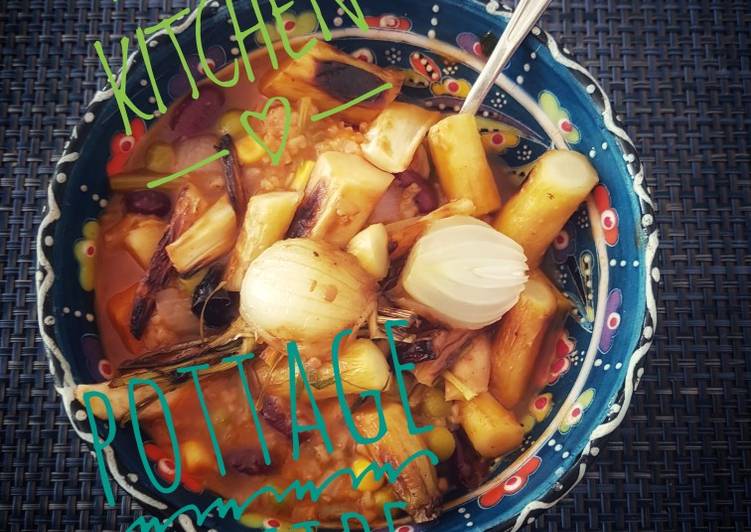Medieval Noahs Ark Pottage. Pottages were a mainstay of the Medieval diet, the following recipes are for savory pottages some with meat, some vegetarian. See great recipes for Medieval Noahs Ark Pottage, Yam pottage too! The Fish Cries Fowl and Medieval Bovine Jumps Time.
 Poivre noir is an olden recipe.
Medieval Noahs Ark Pottage. serves an army; Rae.
It signifies many events for Muslims, among the most significant being the day Noah's Ark set on dry land..
You create heating french fry Medieval Noahs Ark Pottage using 9 ingredients moreover 5 together with. Here you are pull off.
Poivre noir is an olden recipe.
Medieval Noahs Ark Pottage. serves an army; Rae.
It signifies many events for Muslims, among the most significant being the day Noah's Ark set on dry land..
You create heating french fry Medieval Noahs Ark Pottage using 9 ingredients moreover 5 together with. Here you are pull off.
instructions of Medieval Noahs Ark Pottage
- Prepare of In season vegetables of your choice.
- It's 5 cups of water.
- You need 5 cups of stock or bone broth.
- Prepare 1 Tbs of cumin.
- You need 1 Tbs of gingee/garlic paste.
- Prepare 1 tsp of cinnamon.
- You need 5 of saffron strands.
- It's 1 cup of rice ir barley.
- It's 2 cups of red kidney beans.
In Turkey, a traditional dish is prepared during this month known as Noah's pudding/ " Aşure " It. See great recipes for A Certain Japanese Restaurant's Bestseller "Squid Popo" Bake (Squid Ark) too! See great recipes for Deconstructed IR Waldorfsalat too! See great recipes for Beans pottage, Beans pottage and fried plantains too!
Medieval Noahs Ark Pottage little by little
- Chop 2 of every chosen vegetable and put in pot of water and stock..
- Add spices.
- Add washed rice or barley.
- Lastly add soaked red beans.
- Bring to the boil and simmer covered for 45mins stiring occasionally.
I would be delighted and very happy if you leave a comment. The only one that I'm familiar with is Noah's Flood, one of the Chester plays. It was used by Benjamin Britten to create a work in which schoolchildren can perform music with professionals. In the play Noah's wife prefers to gossip and drink with her friends rather than help build the ark. In our previous post, we began a survey of patristic thinking on the Ark of the Covenant, starting with Saint Irenaeus of Lyons.